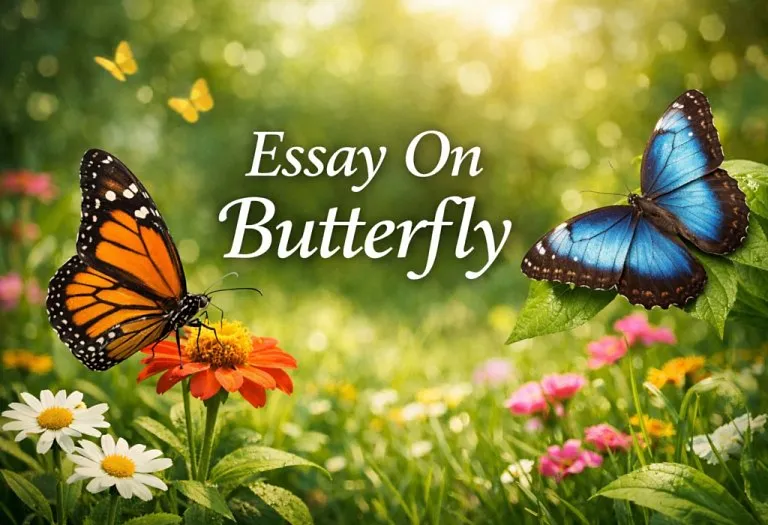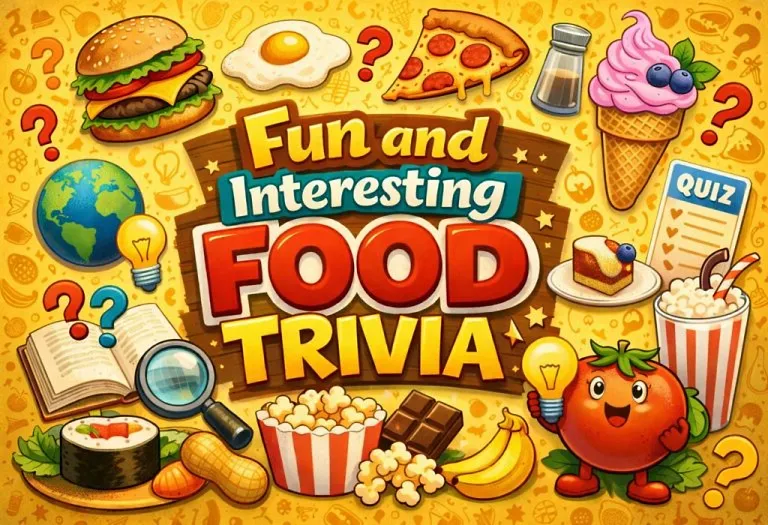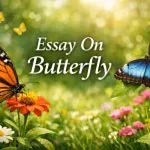20 Beautiful Fall Poems For Kids
Young kids learn quickly, so to teach them expression, creativity, sentence structure, and more, start by teaching them poems. Autumn poems for preschool kids foster strong sight word recognition in children. It is easy for them to associate the words in autumn poems with things they see around them during the season, like colorful leaves and crisp air. Repeating the poems multiple times helps them solidify these associations, learn sentence structure, and more effectively engage with language. September and October poems for kindergarten kids further deepen their appreciation for the autumn season, sparking their love for poetry and nature alike. Here are some lovely children’s poems for fall.
Delightful Fall & Autumn Poems for Kids
Teaching kids their poems is the most convenient way to help them learn new words and pronunciation. Reciting poems also improves fluency and teaches them proper expression.
So here are some of the best fall poems for children:
1. Five Little Pumpkins
– by Dan Yaccarino
Five Little Pumpkins sitting on a gate,
The First one said “Oh my it’s getting late!”
The second one said “There’s a chill in the air.”
The Third one said “But we
don’t care!”
The Fourth one said “let’s
Run and Run and Run.”
The Fifth one said “I’m ready for some fun.”
Oooooooo went the wind.
and Out went the lights!
And the five little pumpkins
rolled out of sight!
2. Taking a Walk
– by Mary Jackson Ellis
Taking a walk is so much fun.
We don’t hurry;
we don’t run.
We watch for birds; we watch
for bees.
We look for all the falling leaves.
3. October
– by Helen Hunt Jackson

Bending above the spicy woods which blaze,
Arch skies so blue they flash, and hold the sun
Immeasurably far; the waters run
Too slow, so freighted are the river-ways
With gold of elms and birches from the maze
Of forests. Chestnuts, clicking one by one,
Escape from satin burs; her fringes done,
The gentian spreads them out in sunny days,
And, like late revelers at dawn, the chance
Of one sweet, mad, last hour, all things assail,
And conquering, flush and spin; while, to enhance
The spell, by sunset door, wrapped in a veil
Of red and purple mists, the summer, pale,
Steals back alone for one more song and dance.
4. Autumn
“In the dreamy silence
Of the afternoon, a
Cloth of gold is woven
Over wood and prairie;
And the jaybird, newly
Fallen from the heaven,
Scatters cordial greetings,
And the air is filled with
Scarlet leaves, that, dropping,
Rise again, as ever,
With a useless sigh for
Rest – and it is Autumn.”
5. A Fall Song
– by Ellen Robena Field
“Golden and red trees
Nod to the soft breeze,
As it whispers, “Winter is near;”
And the brown nuts fall
At the wind’s loud call,
For this is the Fall of the year.
Good-by, sweet flowers!
Through bright Summer hours
You have filled our hearts with cheer
We shall miss you so,
And yet you must go,
For this is the Fall of the year.
Now the days grow cold,
As the year grows old,
And the meadows are brown and sere;
Brave robin redbreast
Has gone from his nest,
For this is the Fall of the year.
I do softly pray
At the close of day,
That the little children, so dear,
May as purely grow
As the fleecy snow
That follows the Fall of the year.”
6. The Oak
– by Michael Collins

A tree’s leaves in the fall
are some orange, some red
and for a small bird
they make quite a bed
The branches of trees
are some curved; some straight
and some even form
a small figure eight
The trunk of the tree
is the base of itself
quite like in a library,
a rusty old shelf
The roots of the tree
go deep, deep down
like a buried treasure
never to be found
Trees need sunshine,
water, and dirt
without these things
they could get hurt
Trees can do things
that I wish I could
If you’re looking for one
I’d check in the woods!
7. Autumn, Queen of Year
– by Winifred Sackville Stoner, Jr.
“When the pumpkins are so yellow
And the vines with grapes abound,
When the melons are so mellow
And the nuts fall to the ground;
When persimmons lose their bitters,
And the apples are so red;
When we love to eat corn fritters
Since the roasting ears have fled;
When vacation days are over
And the children go to school,
They no longer play in clover,
But much learn “Arithmos-rule,”
When weird Hallowe’en’s most naughty elves
With gnomes and sprites appear,
While fat Thanksgiving fills the shelves –
‘Tis AUTUMN, QUEEN OF YEAR.”
8. A Little Red Apple
– by Marguerite Gode
A little red apple
Hung high in a tree.
I looked up at it
And it looked down at me.
“Come down, please,” I called.
And what do you suppose?
That little red apple
Dropped right on my nose!
9. Willow Poem
– by William Carlos
It is a willow when summer is over,
a willow by the river
from which no leaf has fallen
nor bitten by the sun
turned orange or crimson.
The leaves cling and grow paler,
swing and grow paler
over the swirling waters of the river
as if loath to let go,
they are so cool, so drunk with
the swirl of the wind and of the river—
oblivious to winter,
the last to let go and fall
into the water and on the ground.
10. Five Little Acorns
– by Debby Hill

Five little acorns, lying on the ground,
The first one said “oh my
I’m getting round.”
The second one said “I think I’m fat,”
the third one said “I have a nice hat,”
The fourth one said “There’s a squirrel over there.
The fifth one said “well I don’t care.”
Down came the squirrel and
swept them all away, up to his nest for a cold winter day.
11. Farewell to the Farm
– by Robert Louis Stevenson
“The coach is at the door at last;
The eager children, mounting fast
And kissing hands, in chorus sing:
Good-bye, good-bye, to everything!
To house and garden, field and lawn,
The meadow-gates we swang upon,
To pump and stable, tree and swing,
Good-bye, good-bye, to everything!
And fare you well forevermore,
O ladder at the hayloft door,
O hayloft where the cobwebs cling,
Good-bye, good-bye, to everything!
Crack goes the whip, and off we go;
The trees and houses smaller grow;
Last, round the woody turn we sing:
Good-bye, good-bye, to everything!”
12. Autumn Fires
– by Robert Louis Stevenson
“In the other gardens
And all up in the vale,
From the autumn bonfires
See the smoke trail!
Pleasant summer over,
And all the summer flowers,
The red fire blazes,
The grey smoke towers.
Sing a song of seasons!
Something bright in all!
Flowers in the summer,
Fires in the fall! “
13. Besides the Autumn Poets Sing
– by Emily Dickinson
Besides the Autumn poets sing,
A few prosaic days
A little this side of the snow
And that side of the Haze —
A few incisive mornings —
A few Ascetic eves —
Gone – Mr Bryant’s “Golden Rod” —
And Mr Thomson’s “sheaves.”
Still, is the bustle in the brook —
Sealed are the spicy valves —
Mesmeric fingers softly touch
The eyes of many Elves —
Perhaps a squirrel may remain —
My sentiments to share —
Grant me, Oh Lord, a sunny mind —
Thy windy will to bear!
14. O Autumn, Autumn!
– by Effie Lee Newsome
O Autumn, Autumn! O pensive light
and wistful sound
Gold-haunted sky, green-haunted ground!
When, wan, the dead leaves flutter by
Deserted realms of butterfly!
When robins band themselves together
To seek the sound of sun-steeped weather;
And all of summer’s largesse goes
For lands of olive and the rose!
15. Blackberry Eating
– by Galway Kinnell
I love to go out in late September
among the fat, overripe, icy, black blackberries
to eat blackberries for breakfast,
the stalks very prickly, a penalty
they earn for knowing the black art
of blackberry-making; and as I stand among them
lifting the stalks to my mouth, the ripest berries
fall almost unbidden to my tongue,
as words sometimes do, certain peculiar words
like strengths or squinched,
many-lettered, one-syllabled lumps,
which I squeeze, squinch open, and splurge well
in the silent, startled, icy, black language
of blackberry-eating in late September.
16. From The Kitten and Falling Leaves
– by William Wordsworth
See the kitten on the wall, sporting with the leaves that fall,
Withered leaves—one—two—and three, from the lofty elder-tree!
Through the calm and frosty air, of this morning bright and fair . . .
—But the kitten, how she starts; Crouches, stretches, paws, and darts!
First at one, and then its fellow, just as light and just as yellow;
There are many now—now one—now they stop and there are none;
What intenseness of desire, in her upward eye of fire!
With a tiger-leap half way, now she meets the coming prey,
Lets it go as fast, and then, has it in her power again:
Now she works with three or four, like an Indian Conjuror;
Quick as he in feats of art, far beyond in joy of heart.
17. November
– by Philip Edward Thomas
November’s days are thirty:
November’s earth is dirty,
Those thirty days, from first to last;
And the prettiest thing on ground are the paths
With morning and evening hobnails dinted,
With foot and wing-tip overprinted
Or separately charactered,
Of little beast and little bird.
The fields are mashed by sheep, the roads
Make the worst going, the best the woods
Where dead leaves upward and downward scatter.
Few care for the mixture of earth and water,
Twig, leaf, flint, thorn,
Straw, feather, all that men scorn,
Pounded up and sodden by flood,
Condemned as mud.
But of all the months when earth is greener
Not one has clean skies that are cleaner.
Clean and clear and sweet and cold,
They shine above the earth so old,
While the after-tempest cloud
Sails over in silence though winds are loud,
Till the full moon in the east
Looks at the planet in the west
And earth is silent as it is black,
Yet not unhappy for its lack.
Up from the dirty earth men stare:
One imagines a refuge there
Above the mud, in the pure bright
Of the cloudless heavenly light:
Another loves earth and November more dearly
Because without them, he sees clearly,
The sky would be nothing more to his eye
Than he, in any case, is to the sky;
He loves even the mud whose dyes
Renounce all brightness to the skies.
18. The Wild Swans at Coole
– by William Butler Yeats
The trees are in their autumn beauty,
The woodland paths are dry,
Under the October twilight the water
Mirrors a still sky;
Upon the brimming water among the stones
Are nine and fifty swans.
The nineteenth Autumn has come upon me
Since I first made my count;
I saw, before I had well finished,
All suddenly mount
And scatter wheeling in great broken rings
Upon their clamorous wings.
I have looked upon those brilliant creatures,
And now my heart is sore.
All’s changed since I, hearing at twilight,
The first time on this shore,
The bell-beat of their wings above my head,
Trod with a lighter tread.
Unwearied still, lover by lover,
They paddle in the cold,
Companionable streams or climb the air;
Their hearts have not grown old;
Passion or conquest, wander where they will,
Attend upon them still.
But now they drift on the still water
Mysterious, beautiful;
Among what rushes will they build,
By what lake’s edge or pool
Delight men’s eyes, when I awake some day
To find they have flown away?
19. Sonnet 73: That Time Of Year Thou Mayst In Me Behold
– by William Shakespeare
That time of year thou mayst in me behold
When yellow leaves, or none, or few, do hang
Upon those boughs which shake against the cold,
Bare ruin’d choirs where late the sweet birds sang.
In me thou seest the twilight of such day
As after sunset fadeth in the west,
Which by and by black night doth take away,
Death’s second self, that seals up all in rest.
In me thou seest the glowing of such fire
That on the ashes of his youth doth lie,
As the death-bed whereon it must expire,
Consum’d by that which it was nourished by.
This thou perceiv’st which makes thy love more strong,
To love that well which thou must leave ere long.
20. Pleasant Sounds
– by John Clare
The rustling of leaves under the feet in woods and under
hedges;
The crumpling of cat-ice and snow down wood-rides,
narrow lanes and every street causeway;
Rustling through a wood or rather rushing, while the wind
halloos in the oak-toop like thunder;
The rustle of birds’ wings startled from their nests or flying
unseen into the bushes;
The whizzing of larger birds overhead in a wood, such as
crows, puddocks, buzzards;
The trample of robins and woodlarks on the brown leaves.
and the patter of squirrels on the green moss;
The fall of an acorn on the ground, the pattering of nuts on
the hazel branches as they fall from ripeness;
The flirt of the groundlark’s wing from the stubbles –
how sweet such pictures on dewy mornings, when the
dew flashes from its brown feathers.
Benefits of Fall Poems for Kids
Introducing poems about fall for preschoolers can be an enriching experience, fostering not only their love for poetry but also enhancing their language skills and appreciation for the beauty of the autumn season.
- Language Development: Fall poems help children expand their vocabulary and improve their language skills as they encounter new words and phrases related to autumn themes.
- Creativity: Exploring autumn poems encourages children to use their imagination and creativity as they visualize the scenes described in the verses.
- Sensory Awareness: Through autumn poems, kids develop a heightened awareness of their senses as they imagine the sights, sounds, smells, and textures associated with the season.
- Connection to Nature: Fall poems deepen children’s connection to nature by highlighting the changes that occur during autumn, such as falling leaves, cooler weather, and harvest time.
- Emotional Expression: Engaging with fall poems allows kids to express their emotions and feelings about the season, fostering self-expression and empathy.
FAQs
1. Can I turn an autumn poem into a children’s song?
Yes, you can! Many autumn poems have rhythmic patterns and vivid imagery that lend themselves well to being adapted into children’s songs. Adding simple melodies and repetitive choruses can make the poems more engaging and memorable for kids.
2. How can fall poems develop reading and writing skills in my child?
Children’s poems for autumn can develop reading skills by exposing children to new vocabulary and sentence structures, improving their fluency and comprehension. Writing skills can be enhanced as children analyze and emulate the poetic techniques used in the fall poems for kindergarten, such as rhyme, rhythm, and descriptive language.
3. How can my child write their own autumn poem?
Encourage your child to observe the sights, sounds, and feelings of autumn, then brainstorm words and phrases that capture those experiences. They can then organize their ideas into stanzas, experiment with rhyme and rhythm, and revise their poem until they are satisfied with the result.
4. Are there any specific poetic forms commonly used in fall poems for kids?
Yes, some common poetic forms used in fall poems for kids include:
- Rhyming Couplets: Two lines that rhyme and often share a similar meter.
- Quatrains: Four-line stanzas with various rhyme schemes.
- Free Verse: Poems without a specific rhyme or meter, allowing for more creativity and expression.
- Haiku: Traditional Japanese poetry consisting of three lines with a syllable pattern of 5-7-5, often focusing on nature and seasons like autumn.
Teach your kids these fall poems and have fun reciting with them while enjoying the autumn season!
Also Read:
Funny Poems for Kids
Beautiful Bird Poems for Kids
Nature Poems for Children
Free Verse Poems for Children
Was This Article Helpful?
Parenting is a huge responsibility, for you as a caregiver, but also for us as a parenting content platform. We understand that and take our responsibility of creating credible content seriously. FirstCry Parenting articles are written and published only after extensive research using factually sound references to deliver quality content that is accurate, validated by experts, and completely reliable. To understand how we go about creating content that is credible, read our editorial policy here.









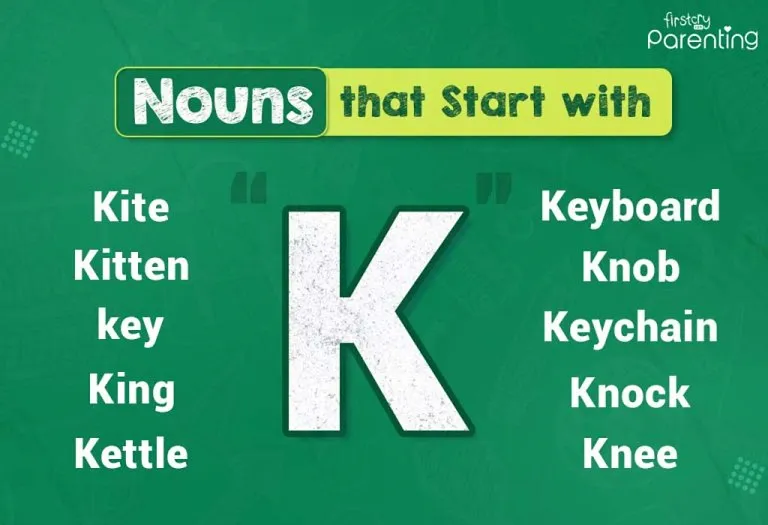

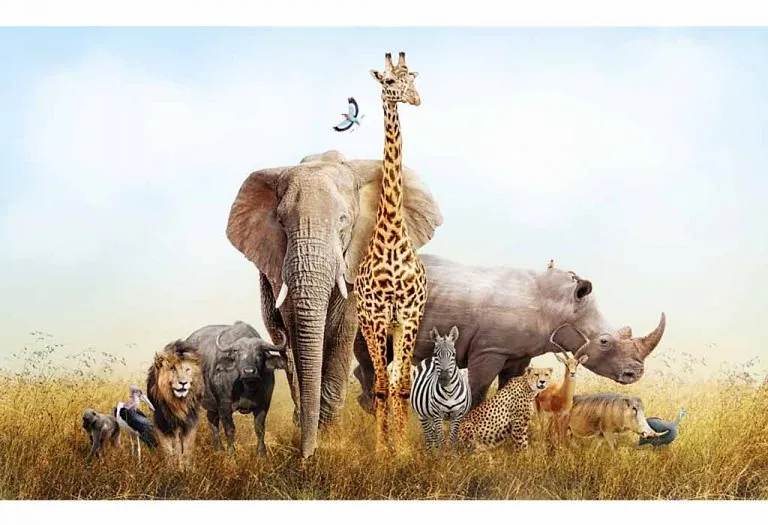


.svg)







